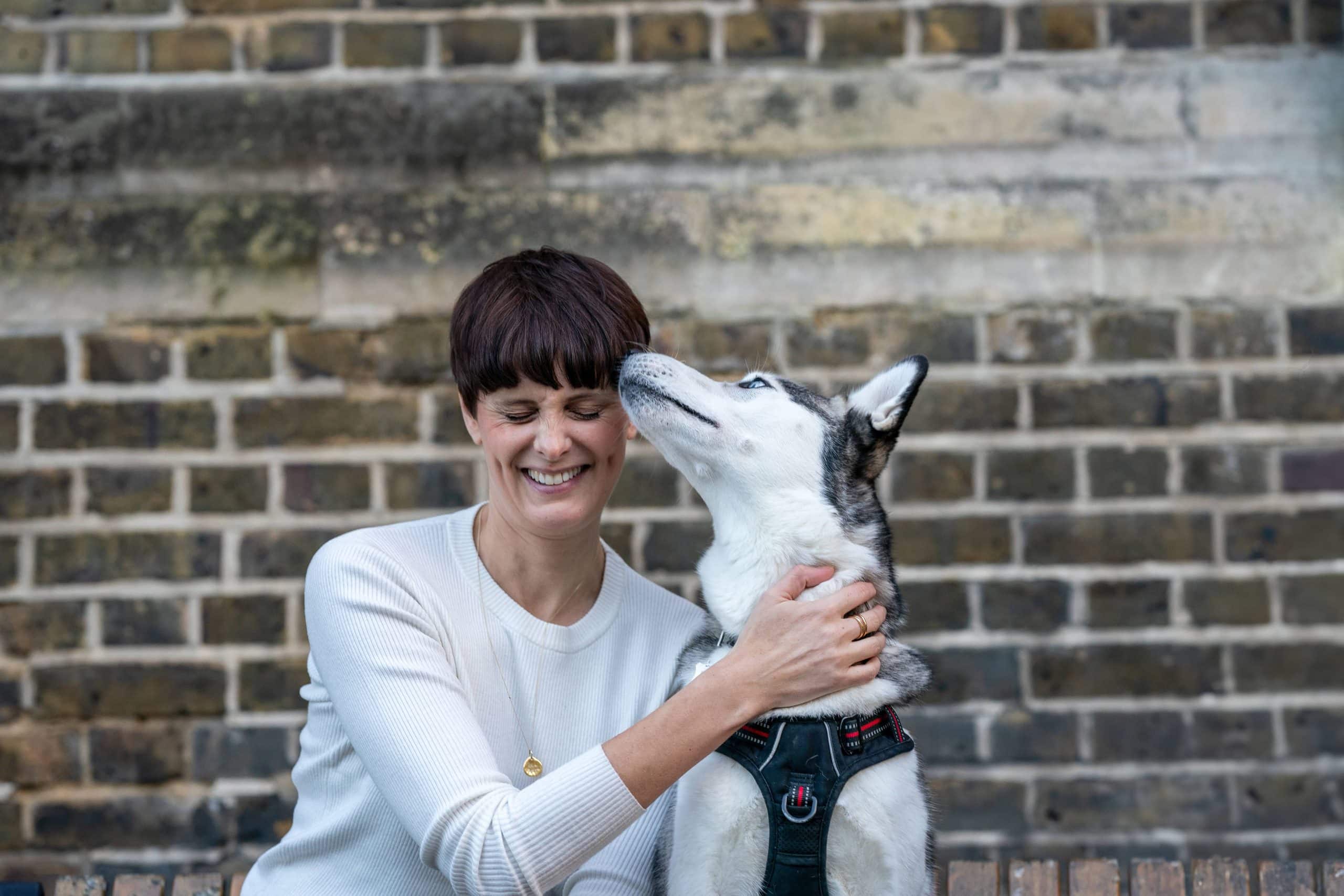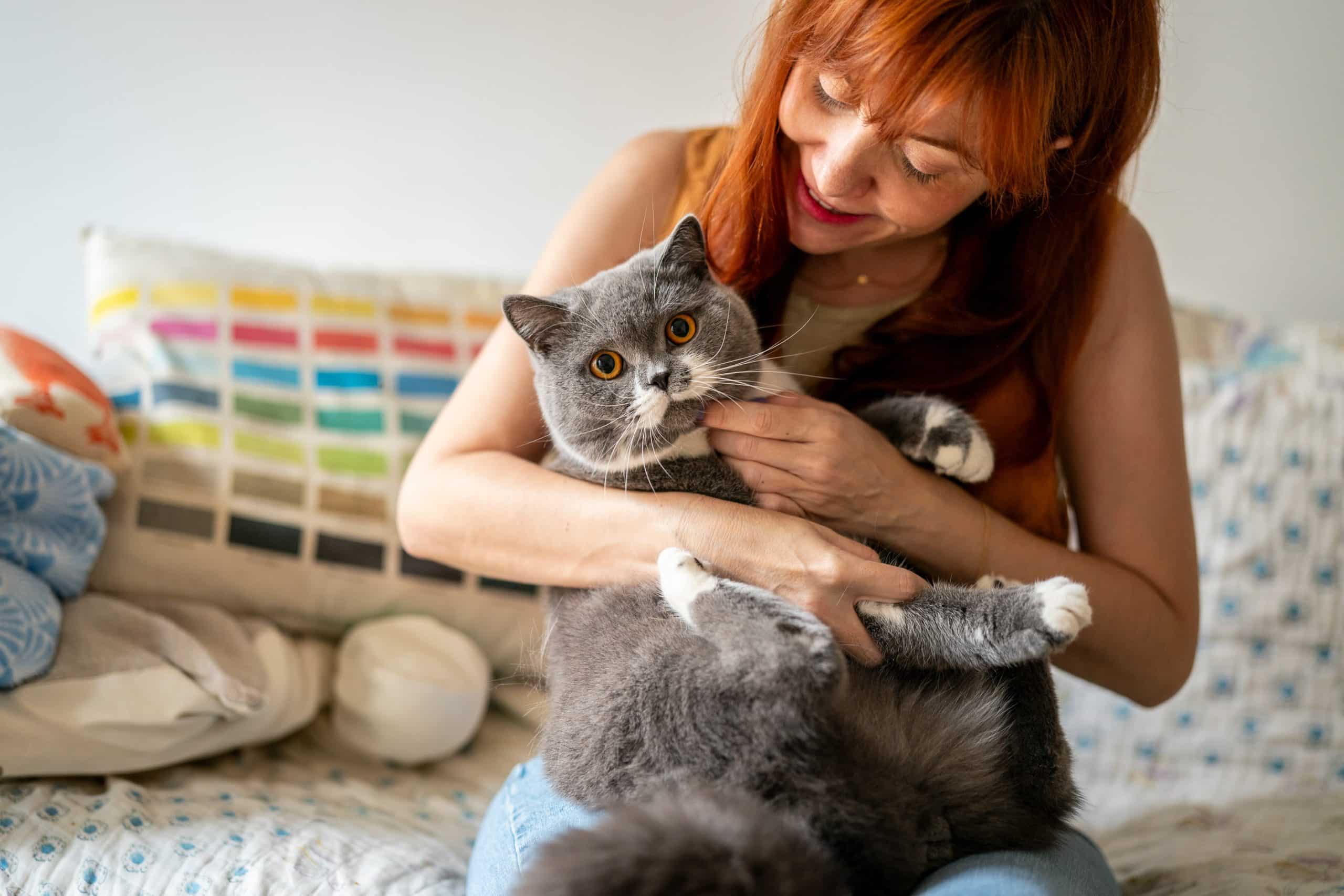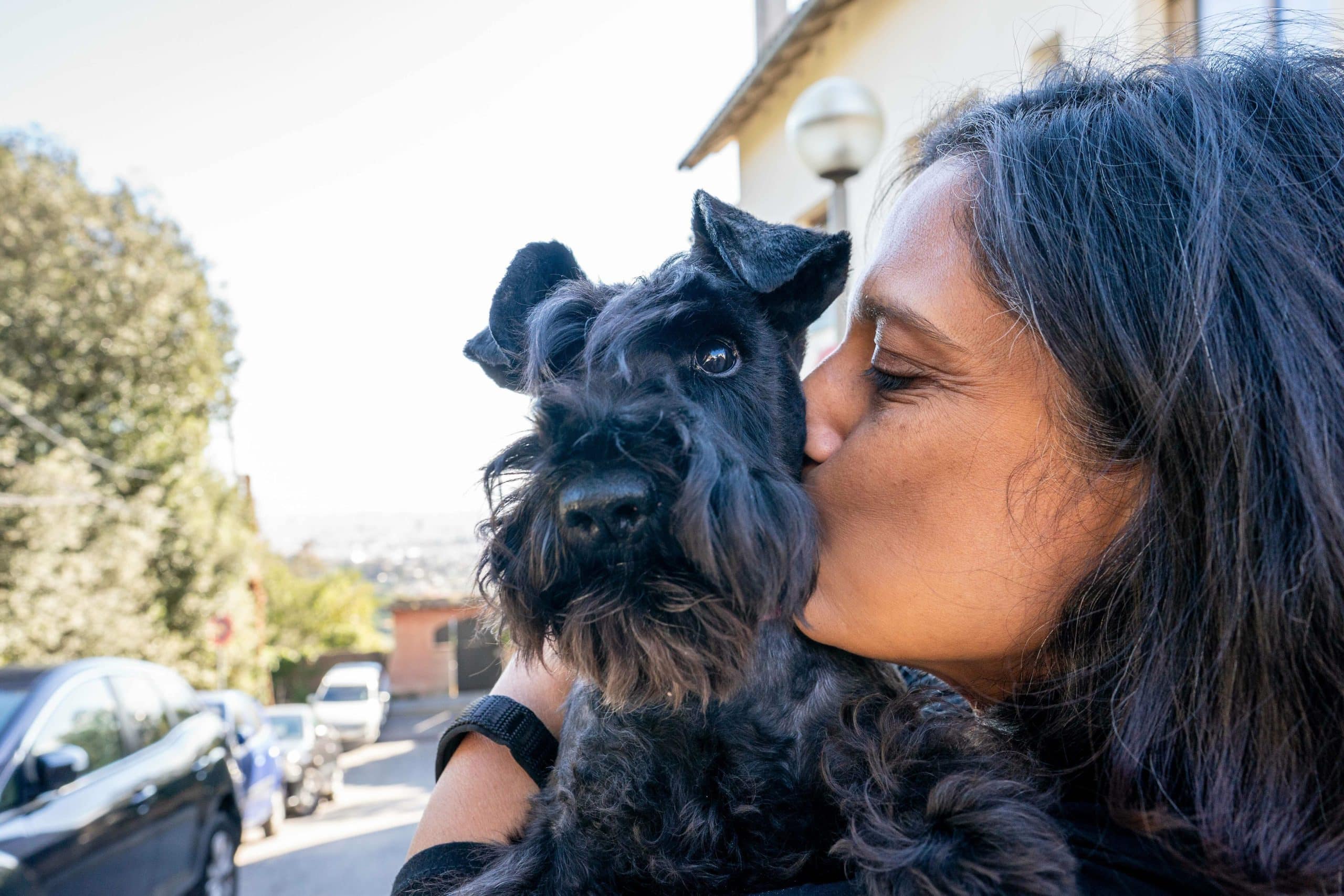While we often hear about “survival of the fittest,” Brian Hare and Vanessa Woods, in their book, Survival of the Friendliest, argue that the real key to success isn’t strength or toughness—it’s kindness, empathy, and cooperation. Looking at the relationship between pets and people, it’s clear that friendliness has made all the difference.
Darwin’s theory of evolution suggests those best suited to their environment have better survival odds, but according to Hare and Woods friendliness played a larger role in the survival of many species. For dogs, their ability to communicate with humans through empathy and social cues likely helped them become one of the most beloved animals in the world–and therefore more likely to survive.
The Science of Love: Pets and Humans
Anyone who has experienced a dog excitedly greet them at the door or a cat curling up for a cuddle knows that pets are capable of showing affection–and not just in exchange for survival. According to a new survey of 1,000 pet parents, 95% agree that dogs and cats have the ability to love humans and 92% believe their own pets truly love them.
Moreover, nine out of ten (92%) pet parents can identify the different ways their pets show love, whether through tail wags, purrs, or just snuggling on the couch and 88% of dog parents believe their dog understands social cues. These signs of affection help foster strong, trusting bonds between pets and their people. It’s not just the human-animal bond that benefits either, 46% say pets have taught them a lot about relationships and 76% of pet parents say their dog or cat has actually taught them about friendship, in general—meaning pets can strengthen our social lives and interpersonal bonds, as well.
“It’s no wonder that animals can teach us so much about interpersonal relationships, and that we feel more attracted to others that are kind or friendly and share a love for pets. Evolutionary theory moved us closer to acknowledging the emotional lives of animals and offered new awareness that non-human animals share many of the same capacity for complex thoughts and emotions.” – Philip Tedeschi, expert on the human-animal bond and Rover Pet People Panelist
Friendliness: The Most Attractive Quality
Rover’s recent survey shows that kindness and friendliness top the list of qualities people look for in a partner, with intelligence coming in second and looks in third. As it turns out, having a pet may also increase the odds of finding a partner.
Pets often serve as a social lubricant for person-to-person interactions. Nearly two-thirds (64%) of people say they’re more likely to be attracted to someone with a pet and 46% of people say they find it easier to talk to others when a pet is around. And it’s not just about romance—61% of people say they’re more likely to be friends with someone who cares about animals.
“It’s clear that cooperation and kindness are some of the most important qualities for survival. People, and other animals, thrive when treated with respect, dignity and love.” – Philip Tedeschi
Whether with pets or people, the most successful bonds are built on empathy, trust, and kindness. The same qualities that made dogs evolve into the lovable companions we know today are what help us connect with others in meaningful ways.




